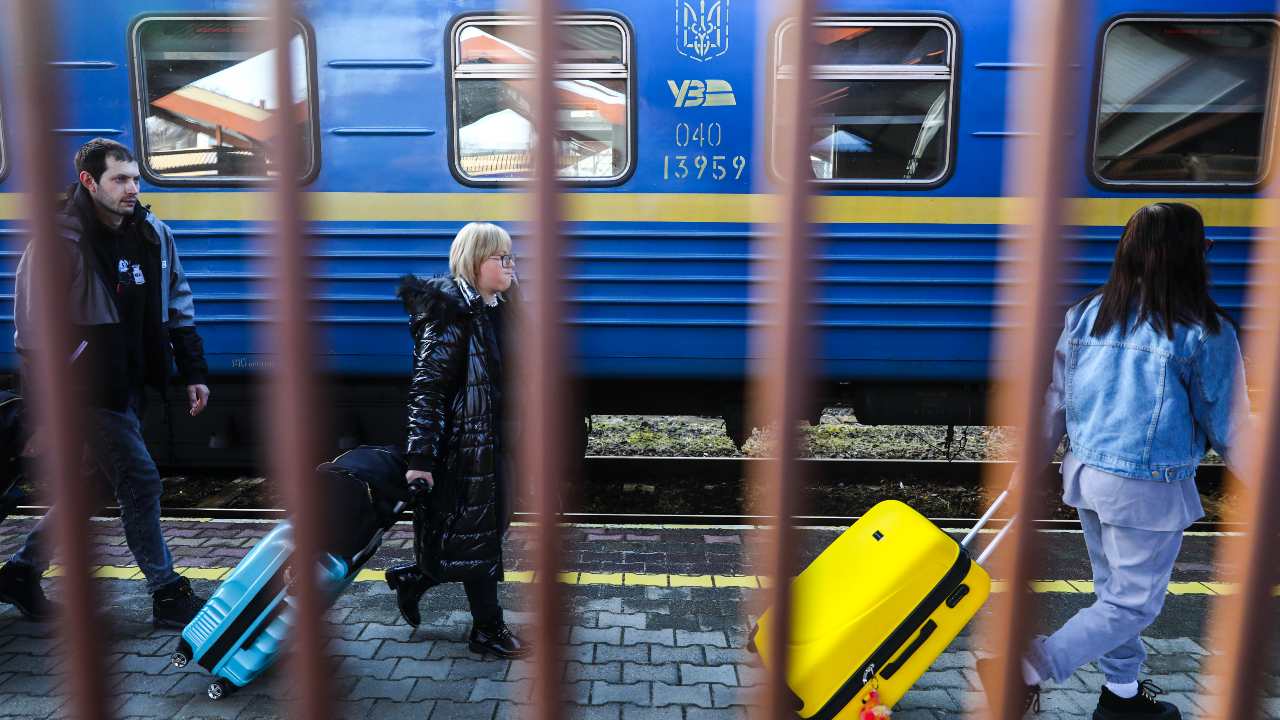Even before Russian troops crossed the border, Microsoft set up a secure communications line with Ukraine’s cyber authorities. After the invasion, Ginny Badanes, a Senior Director of the company’s Democracy Forward initiative, reported that Microsoft provided Ukraine with 120 intelligence tips, 173 support missions, and 23,000 hours of free consulting help.
Ukraine’s cyber defenses held.
Microsoft has published a full account of the lessons learned from this success. Russia targeted Ukraine’s governmental data center in an early cruise missile attack and focused its cyberattacks on Ukrainian digital infrastructure. But government services, banks, energy networks, and other critical infrastructure survived thanks to backups stored outside the country.
“Ukraine’s government has successfully sustained its civil and military operations by acting quickly to disburse its digital infrastructure into the public cloud, where it has been hosted in data centers across Europe,” Microsoft President Brad Smith writes. Countries must “disburse and distribute digital operations and data assets across borders and into other countries.”
Russian disinformation offensives were also repelled. Google’s Central Europe Public Policy Director Marta Poślad reported that YouTube not only blocked Russia Today and Sputnik but also removed 9,000 channels and 70,000 videos linked to Russian disinformation.
The company helped provide Ukrainians – and Russians – with accurate information from authoritative sources about the conflict. It launched a “rapid air alert” for Android phones, warning Ukrainians of imminent air attacks and of cyberattacks attempting to capture their data.
“Across our platforms, Google and YouTube have mobilized,” Poślad said. “We warn users of government attempts to access their data and offer increased protection to institutions of the civil society that are in a high-risk group of being targeted by malicious actors.”
Communications have kept flowing. Ukraine’s President Volodymyr Zelenskyy broadcasts to the world via YouTube. Ukraine’s troops used Elon Musk’s Starlink low-orbit satellites to stay in contact with headquarters (Starlink and USAID donated 5,000 terminals), and Microsoft’s Skype offered 43 million free minutes to Ukrainians, according to Senior Director Ginny Badanes.
Russia’s invasion forced millions of Ukrainians to flee. Home rental company Airbnb responded by offering free, temporary housing for up to 100,000 refugees, according to Katherine Kendrick, Airbnb’s Director of International Affairs. Since February, more than 40,000 hosts have opened their homes free of charge.
One host, Maria, opened her home in Ukraine to refugees. When Russian troops approached, she fled to Bratislava – where she found free lodging, thanks to Airbnb. In Slovakia, she gave birth to a healthy baby.




